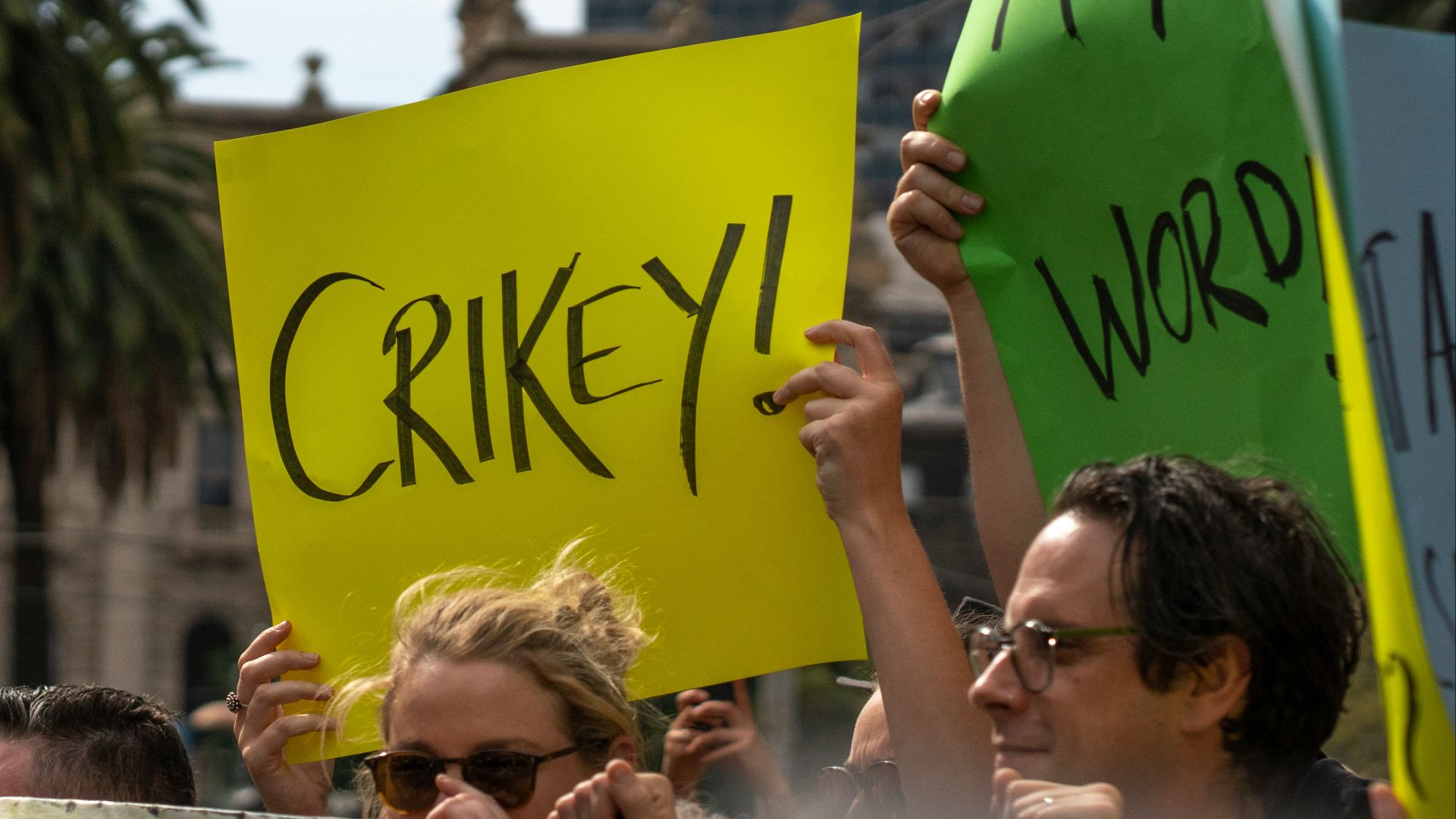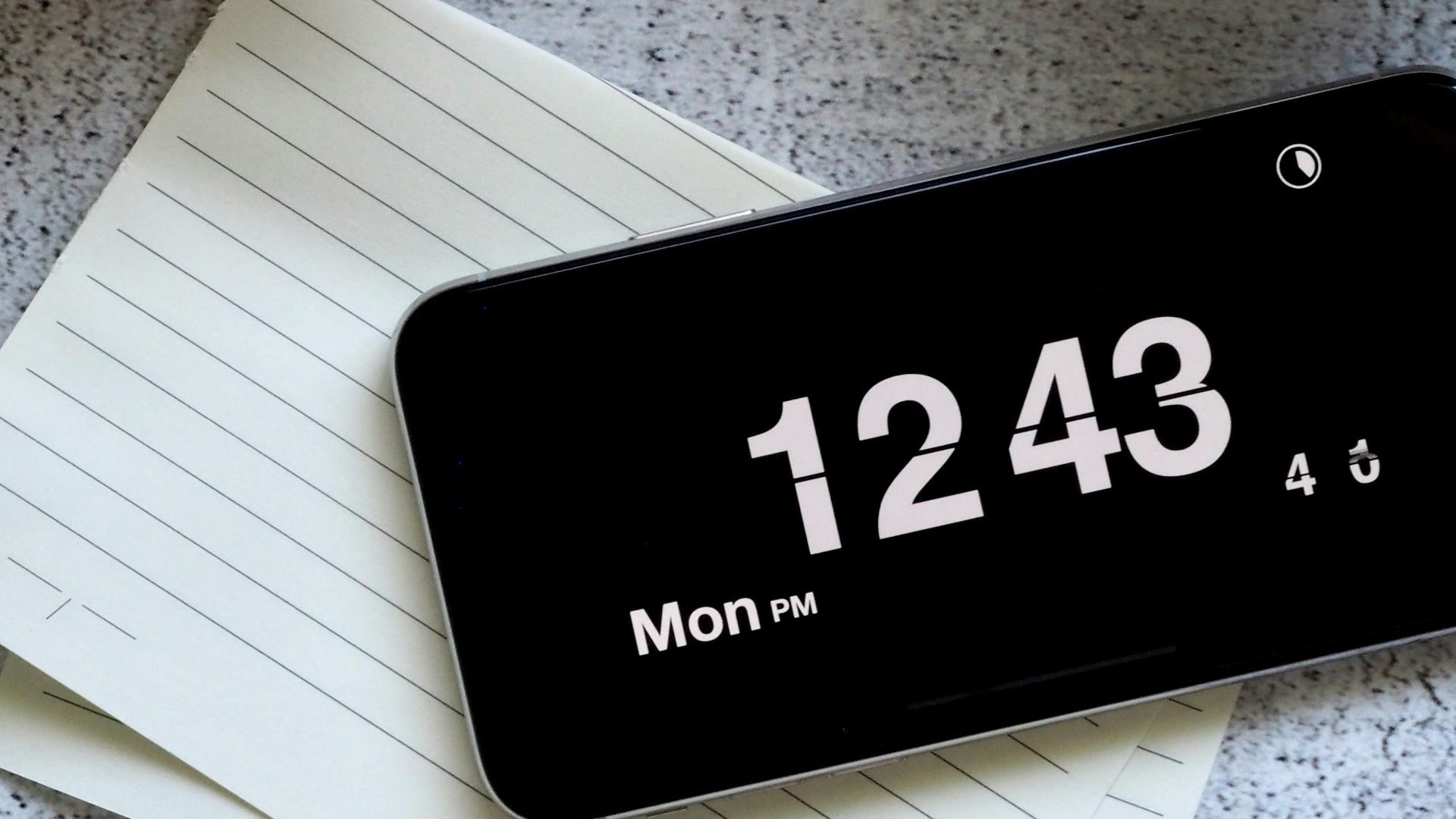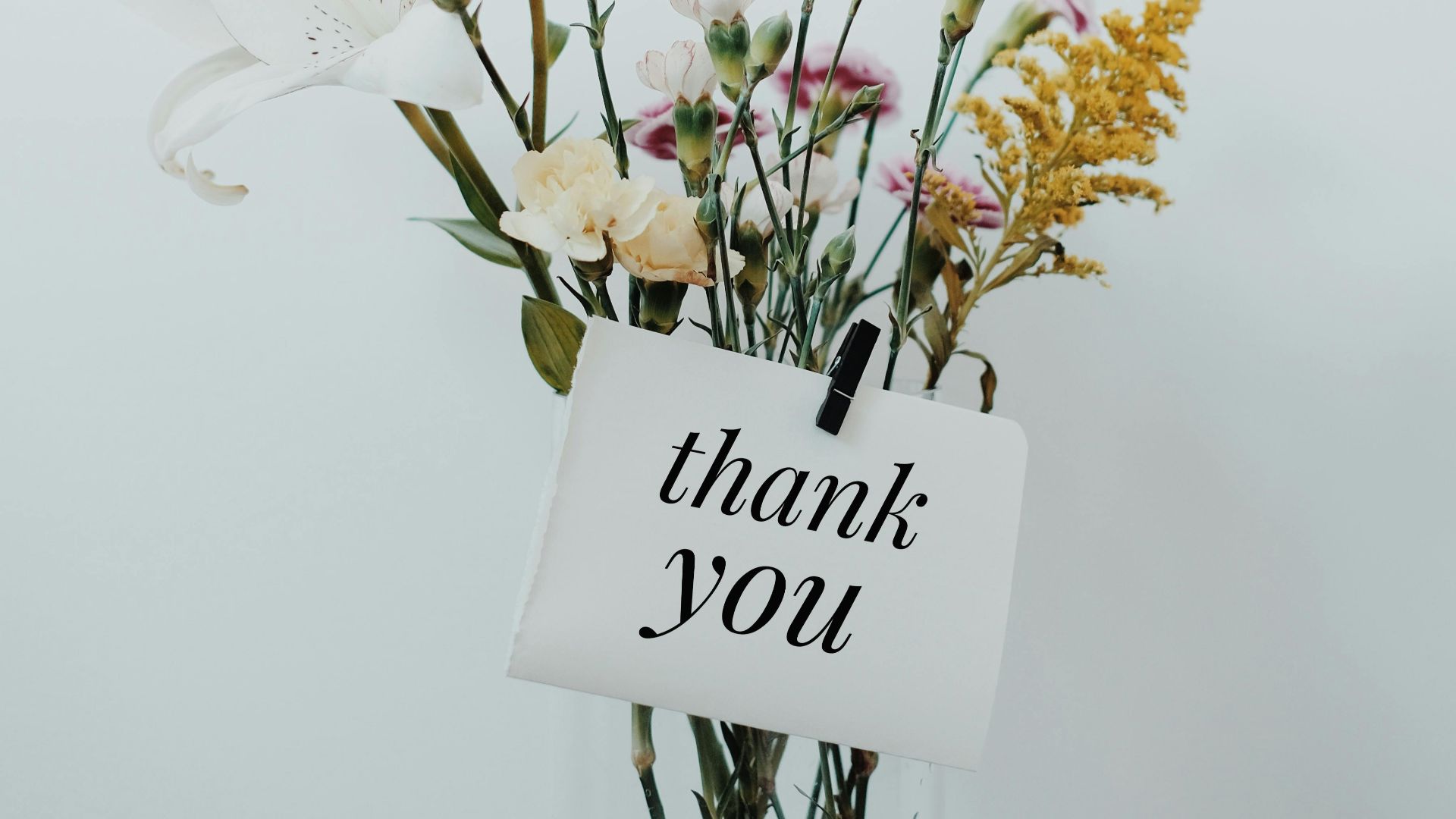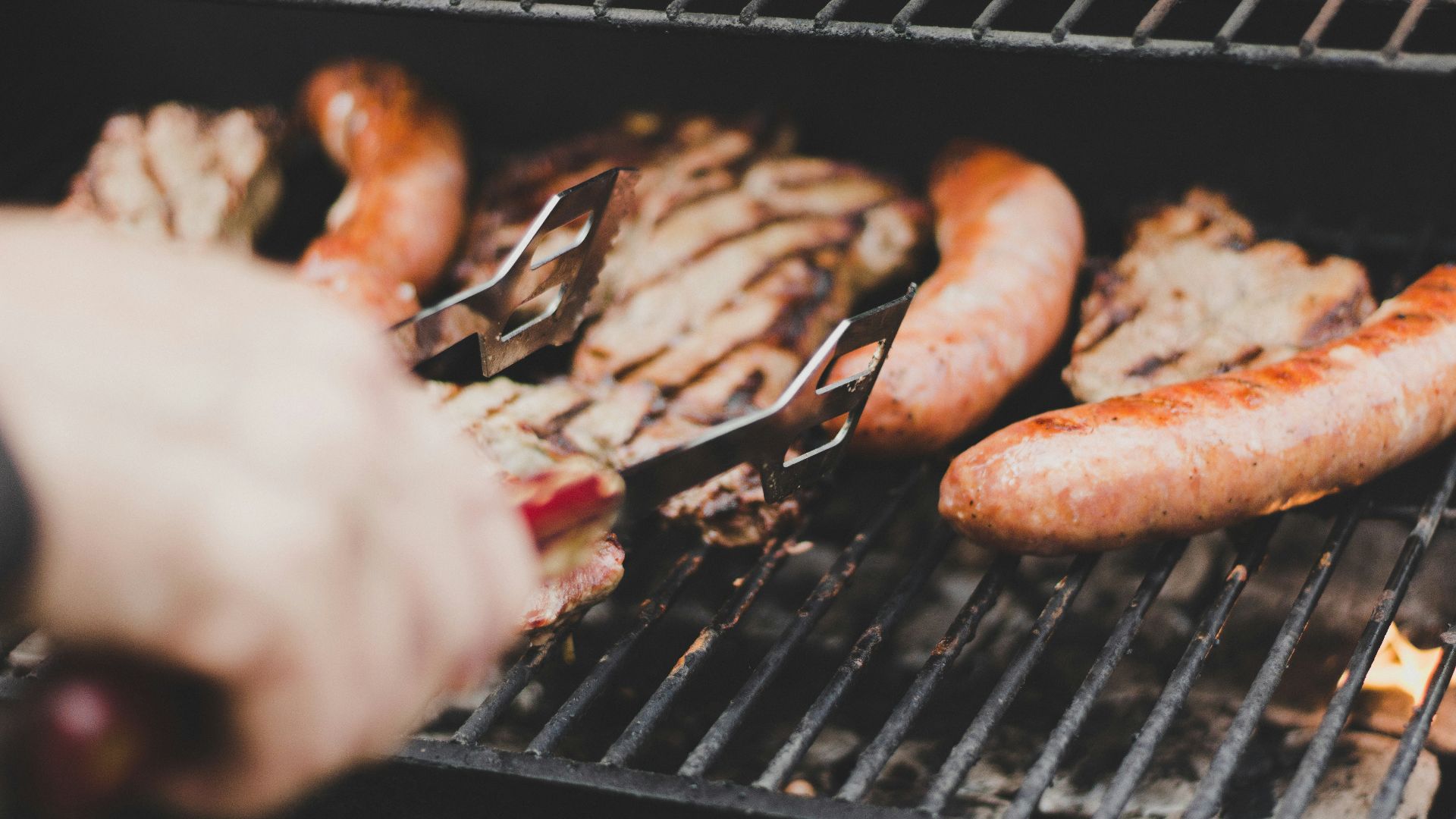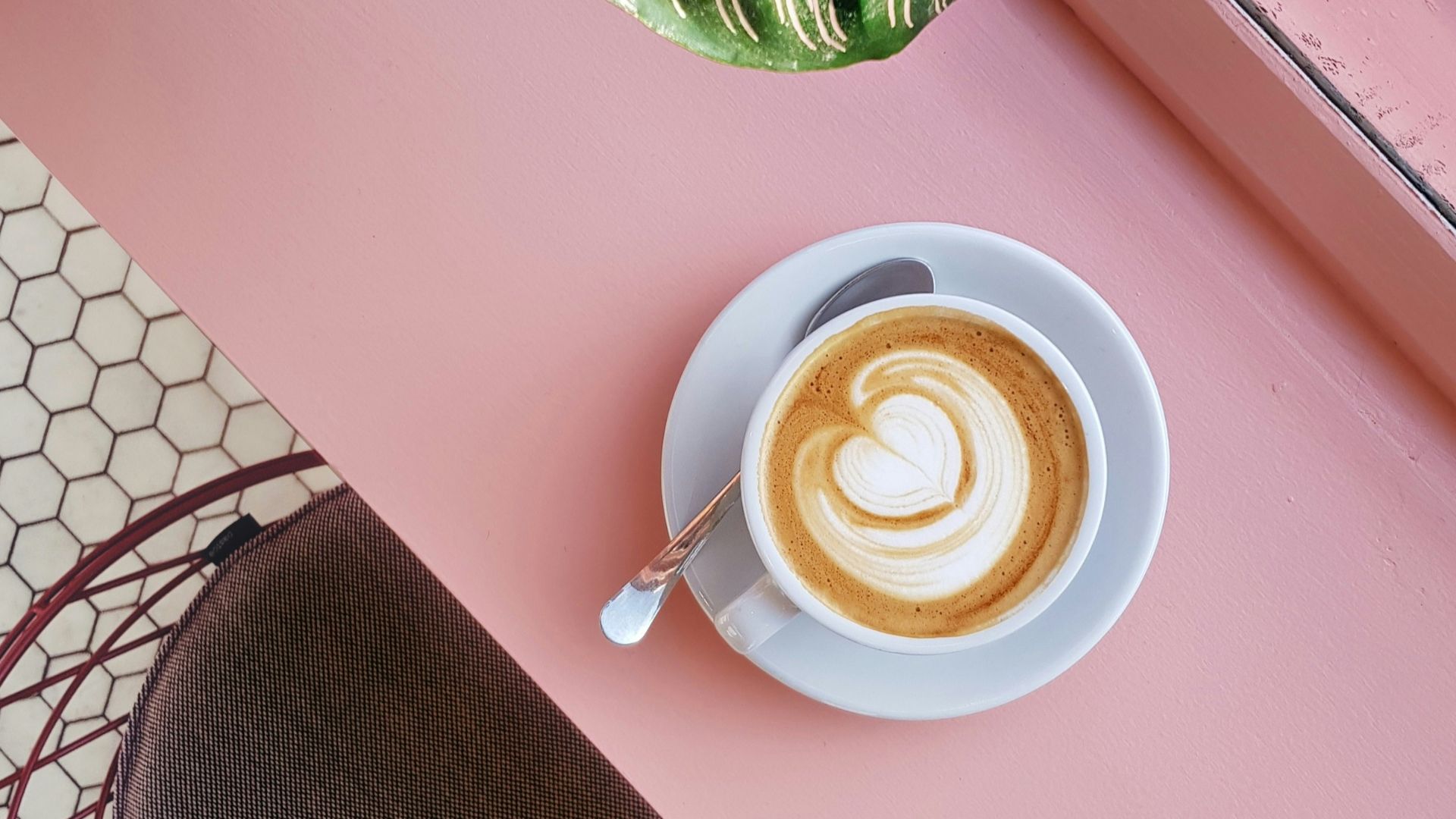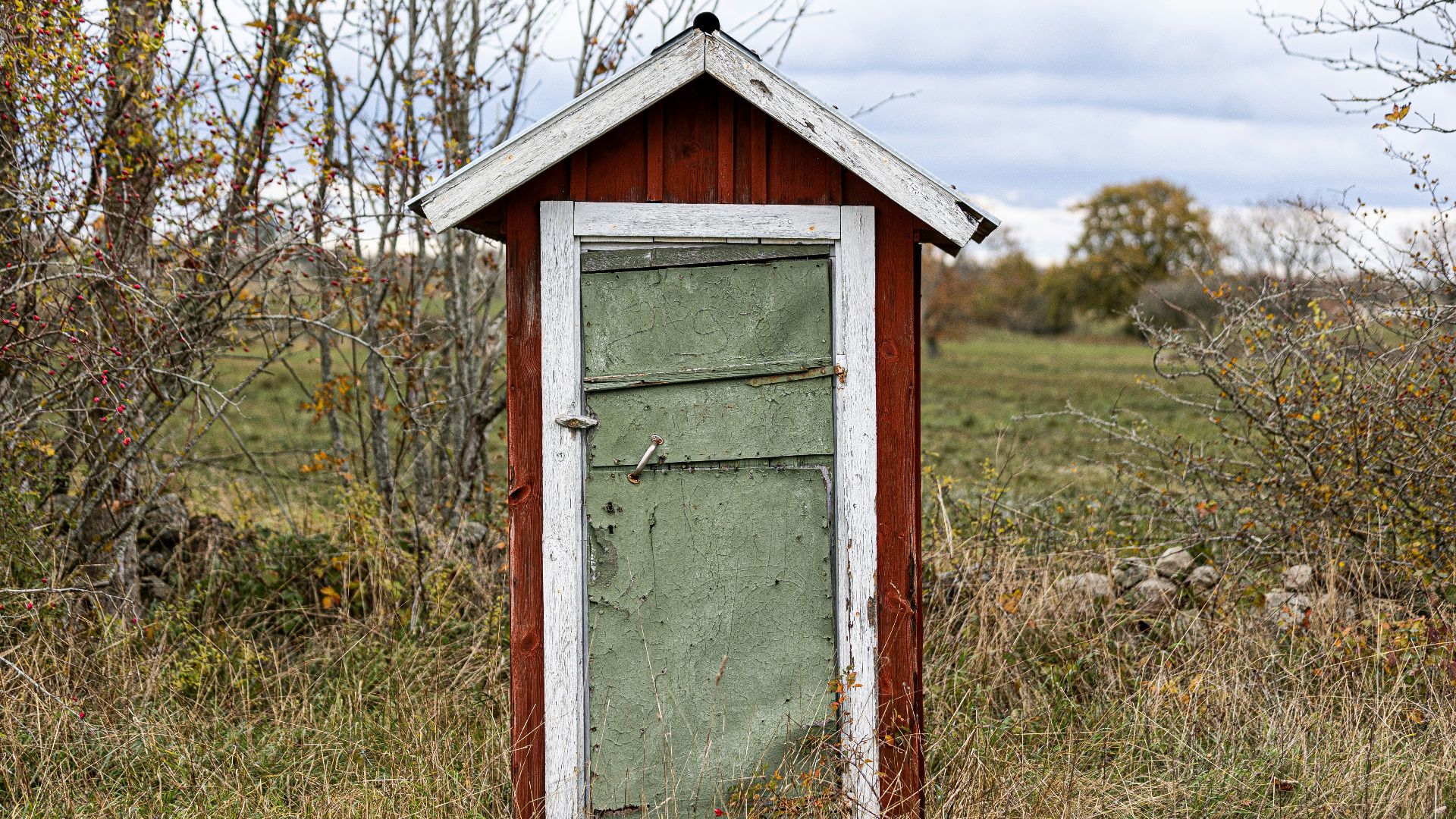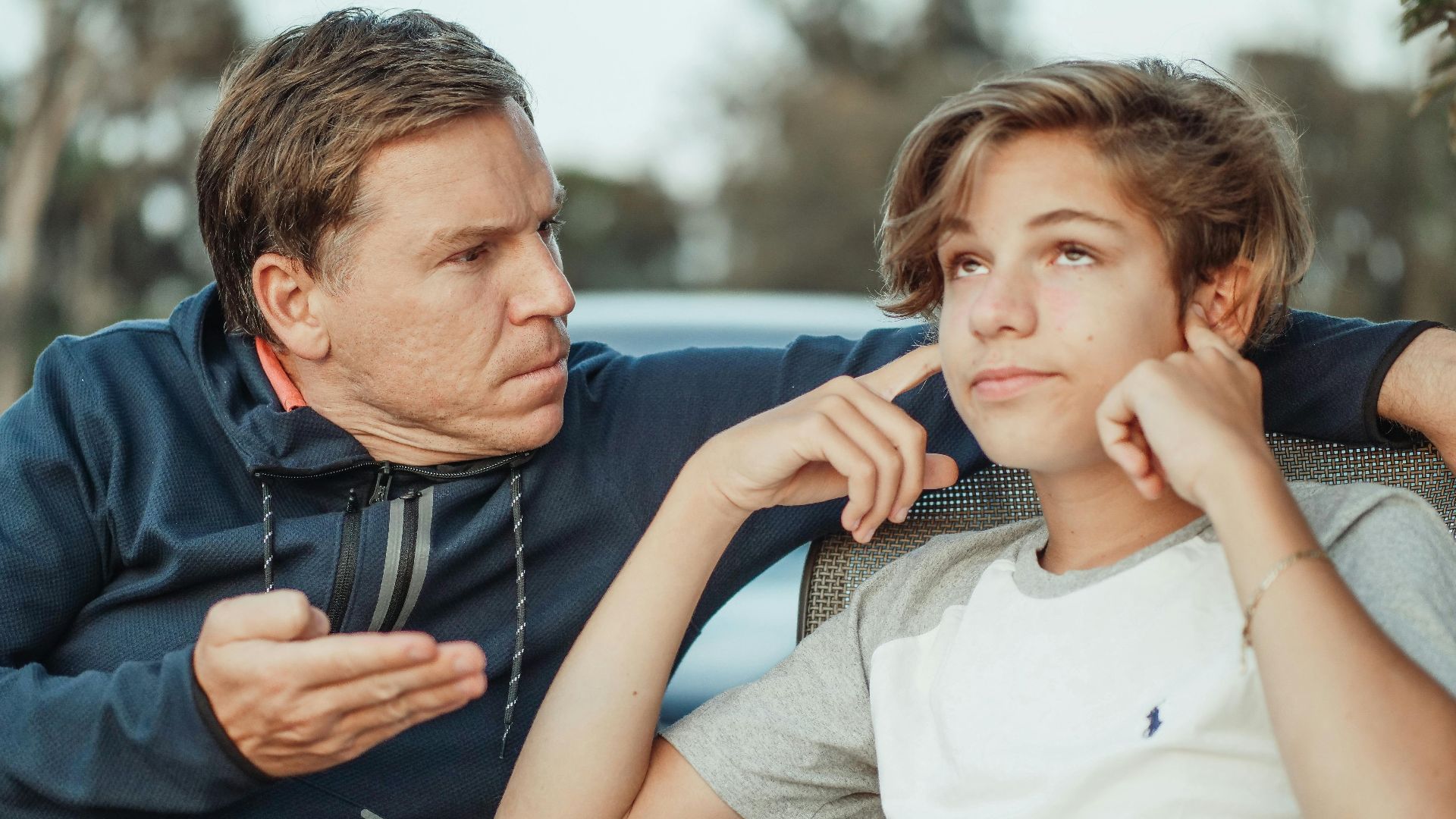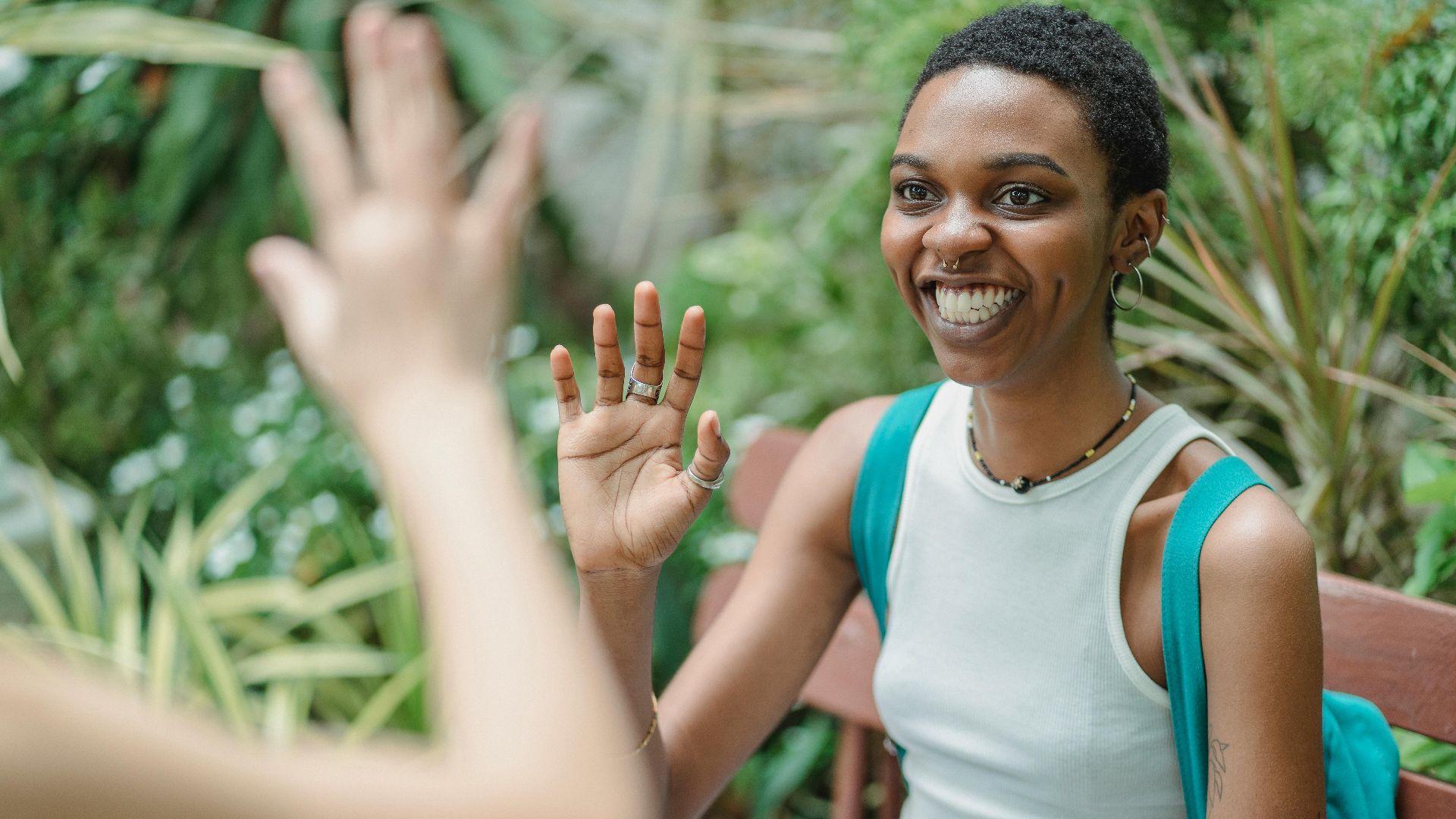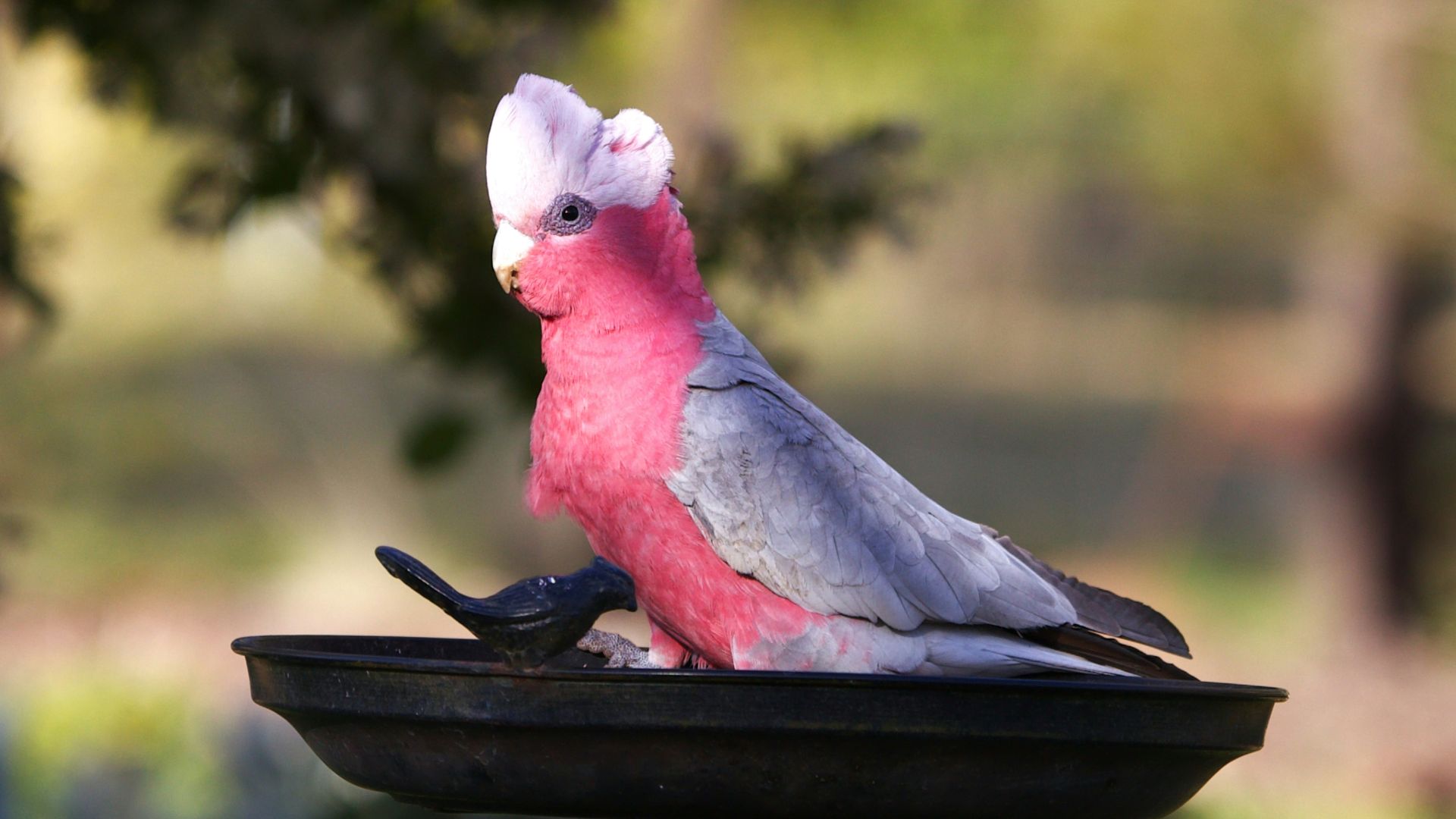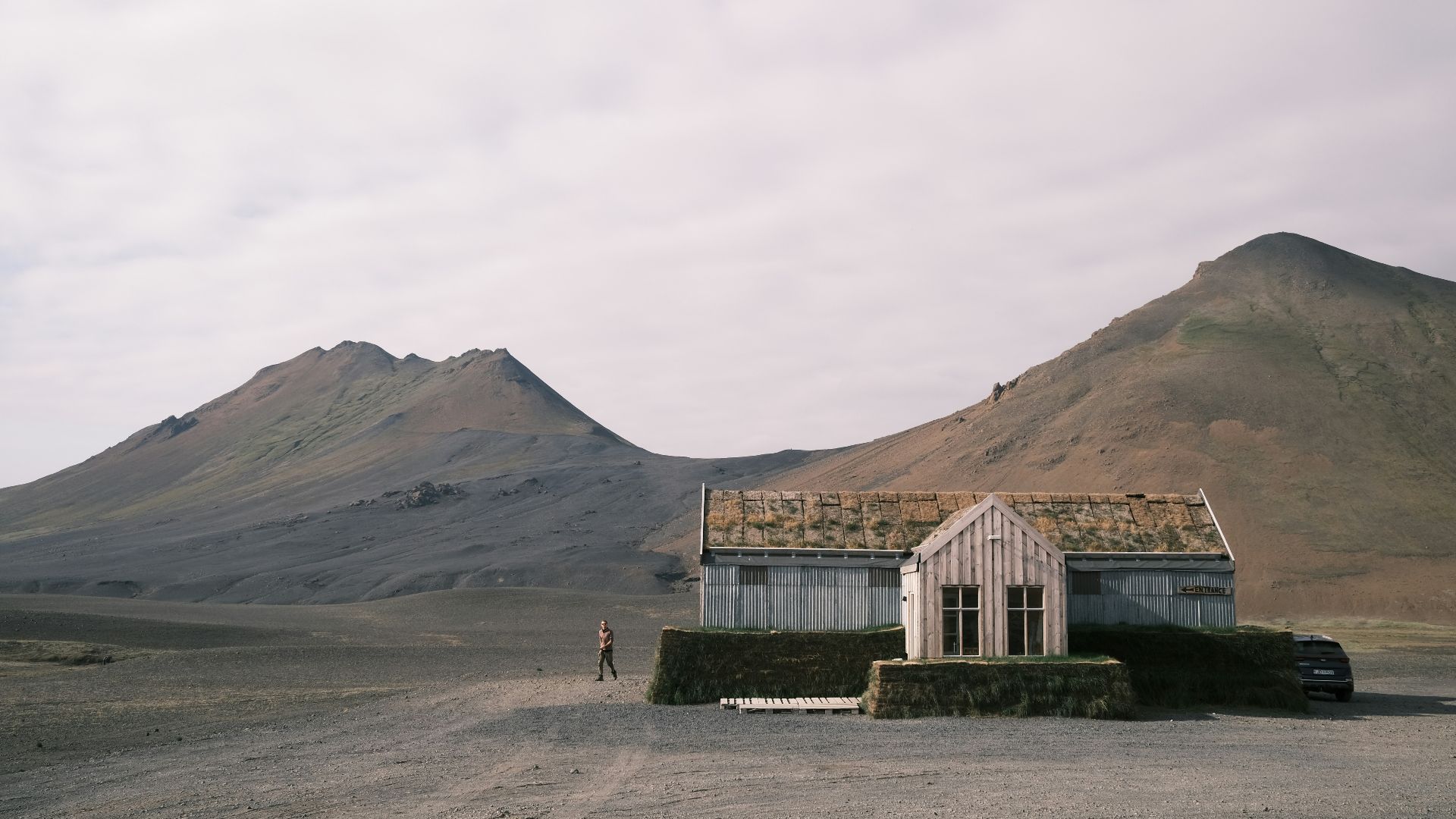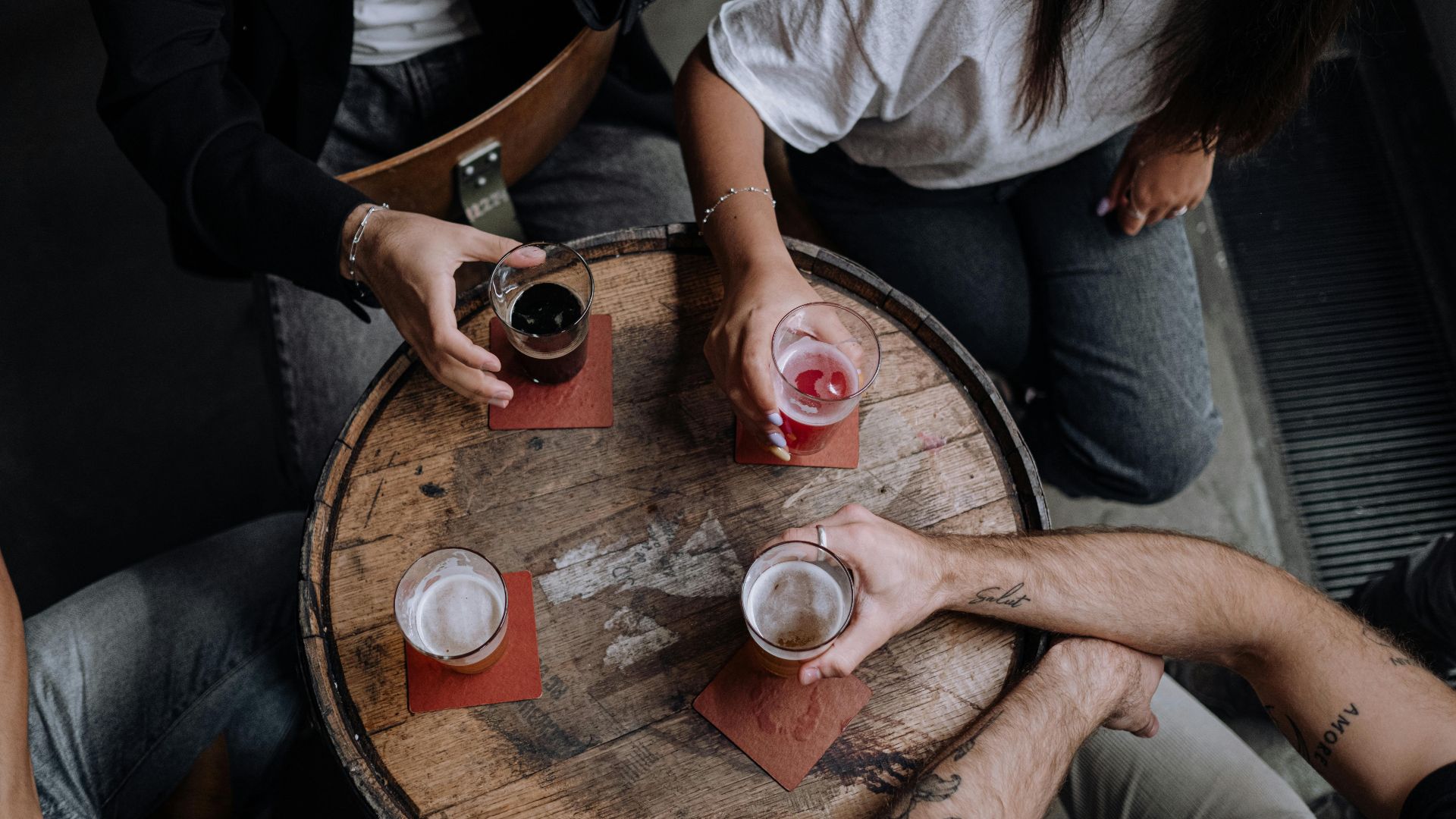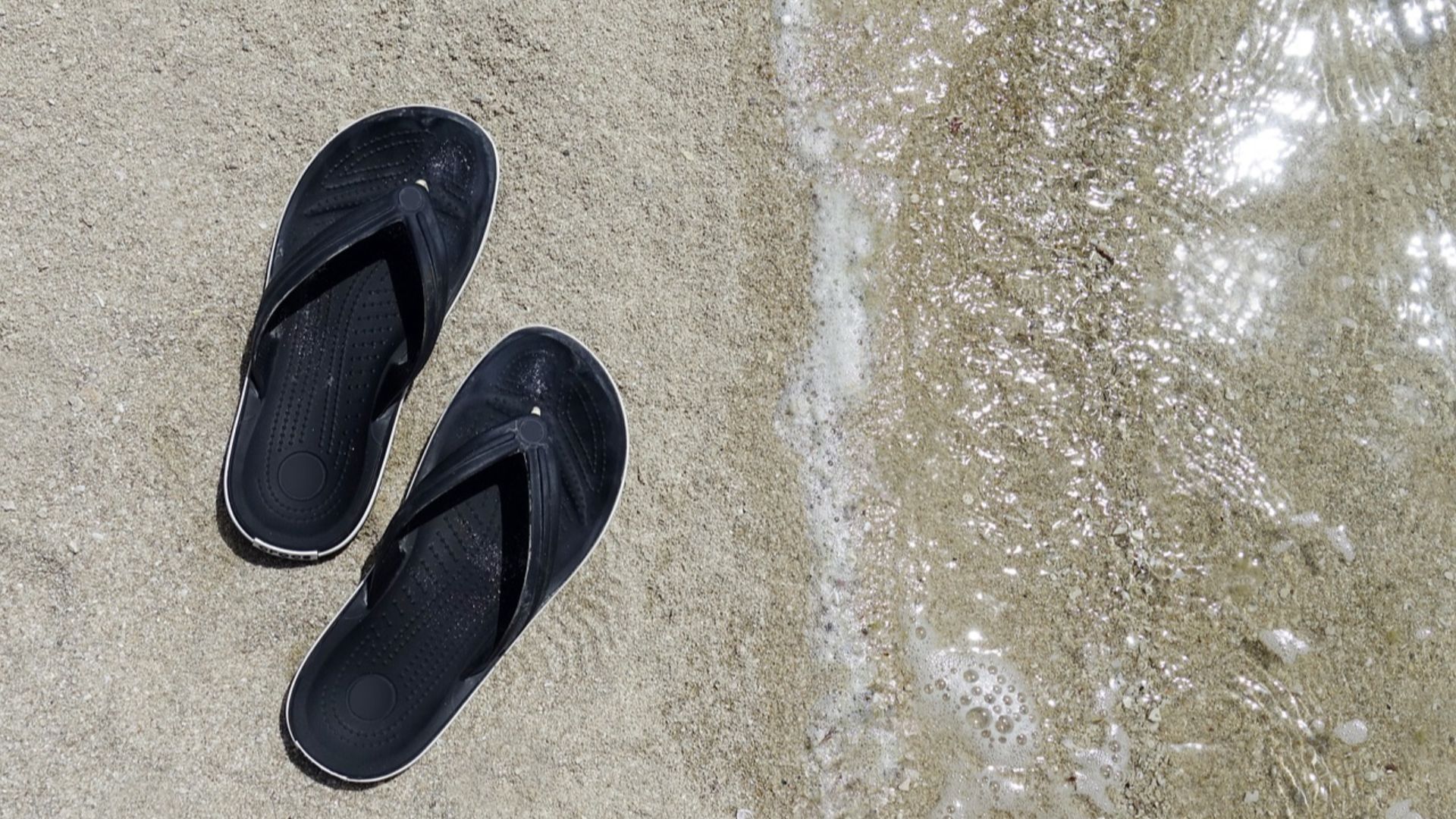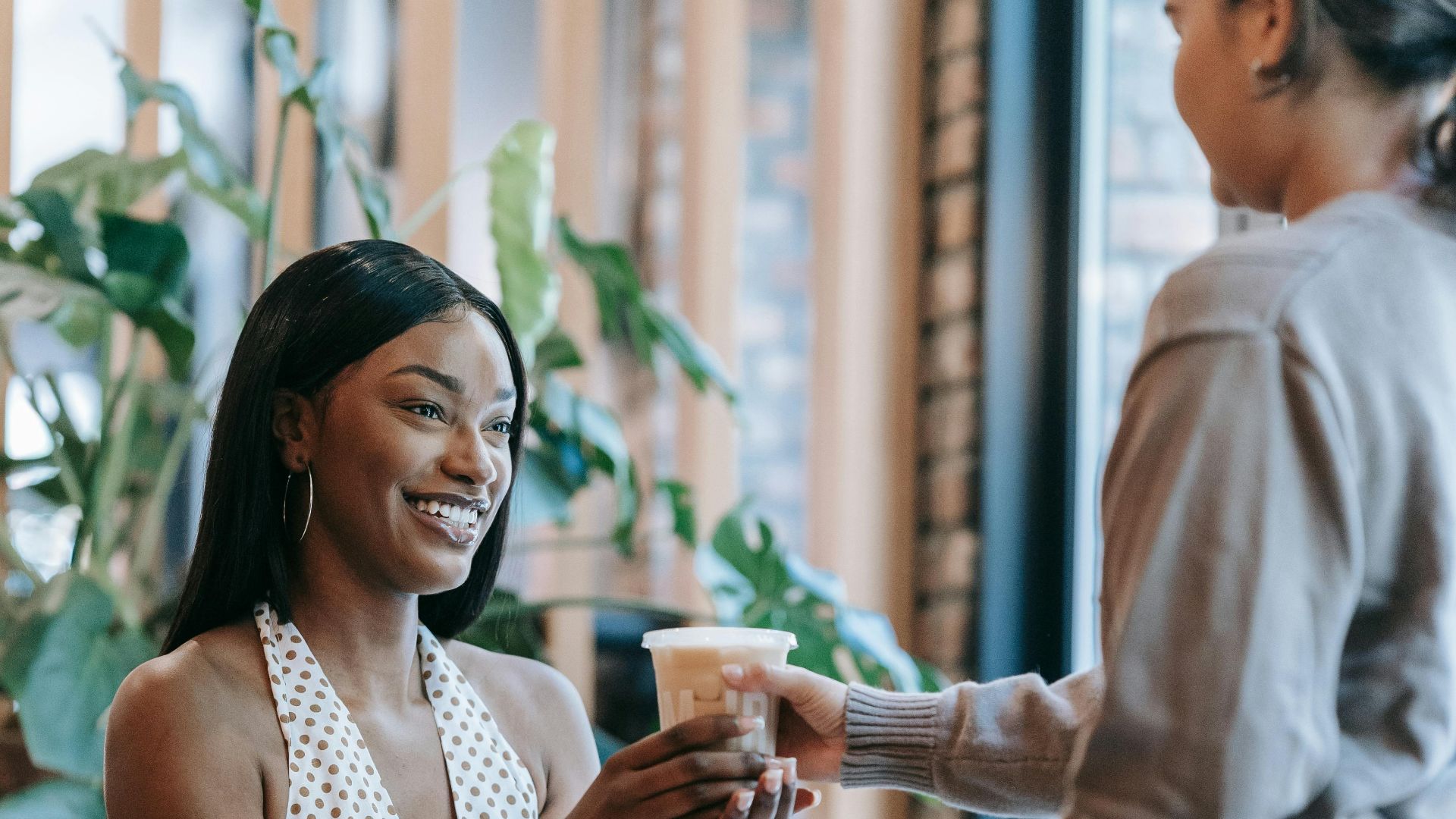Do You Know Your Aussie and Kiwi Slang?
If you've ever traveled to Australia or New Zealand—or maybe you've heard an Aussie or Kiwi speak—you've likely noticed a few slang terms thrown into conversation. And while you might recognize some of the more common ones, like "mate" (friend) or "Macca's" (McDonald's), other terms might not be as familiar. From "arvo" to "wop wops," here are 20 Aussie and Kiwi slang terms you've probably never heard of.
1. Arvo
Though widely used in Australia to mean "afternoon," you'll likely also hear Kiwis use this term as well. Dates and times are typically tacked on before the word, so you might sometimes hear "tomorrow arvo" or "Sunday arvo." Also, if you hear "'s arvo," it means "this afternoon"—not "it's afternoon."
2. Chur
"Chur," in Kiwi slang, means "thank you." You use this word when you want to extend your gratitude or appreciation to somebody. It can sometimes be used to mean "that's awesome," so don't be surprised if you hear this term thrown around often in daily conversation.
3. Barbie
No, not a Barbie doll. "Barbie" in both Aussie and Kiwi slang means "barbecue." You might hear someone ask if they could "throw a few snags on the barbie"—meaning they'd like to put a few sausages ("snags") on the barbecue grill.
4. Chocka
"Chocka" is Kiwi slang for "full" or "to the brim." In contrast, Aussies use a similar term that's just slightly different: "chockablock." You might hear this being used to describe a crowded parking lot or shopping mall, or even to mean that your stomach is full from eating.
5. Bonza
Sometimes said as "bonzer" and other times as "bonza," this word means "excellent" or "first-rate" in Aussie slang. You would use this term when you're describing anything that's top-notch or above the standard, like a delicious cup of coffee or a breathtaking beach sunset.
6. Dairy
In New Zealand, "dairy" doesn't simply mean the milk, cheese, and yogurt section at your grocery store. Instead, it's Kiwi slang for convenience or corner store, which may sell anything from dairy (of course) to newspapers and grab-and-go food.
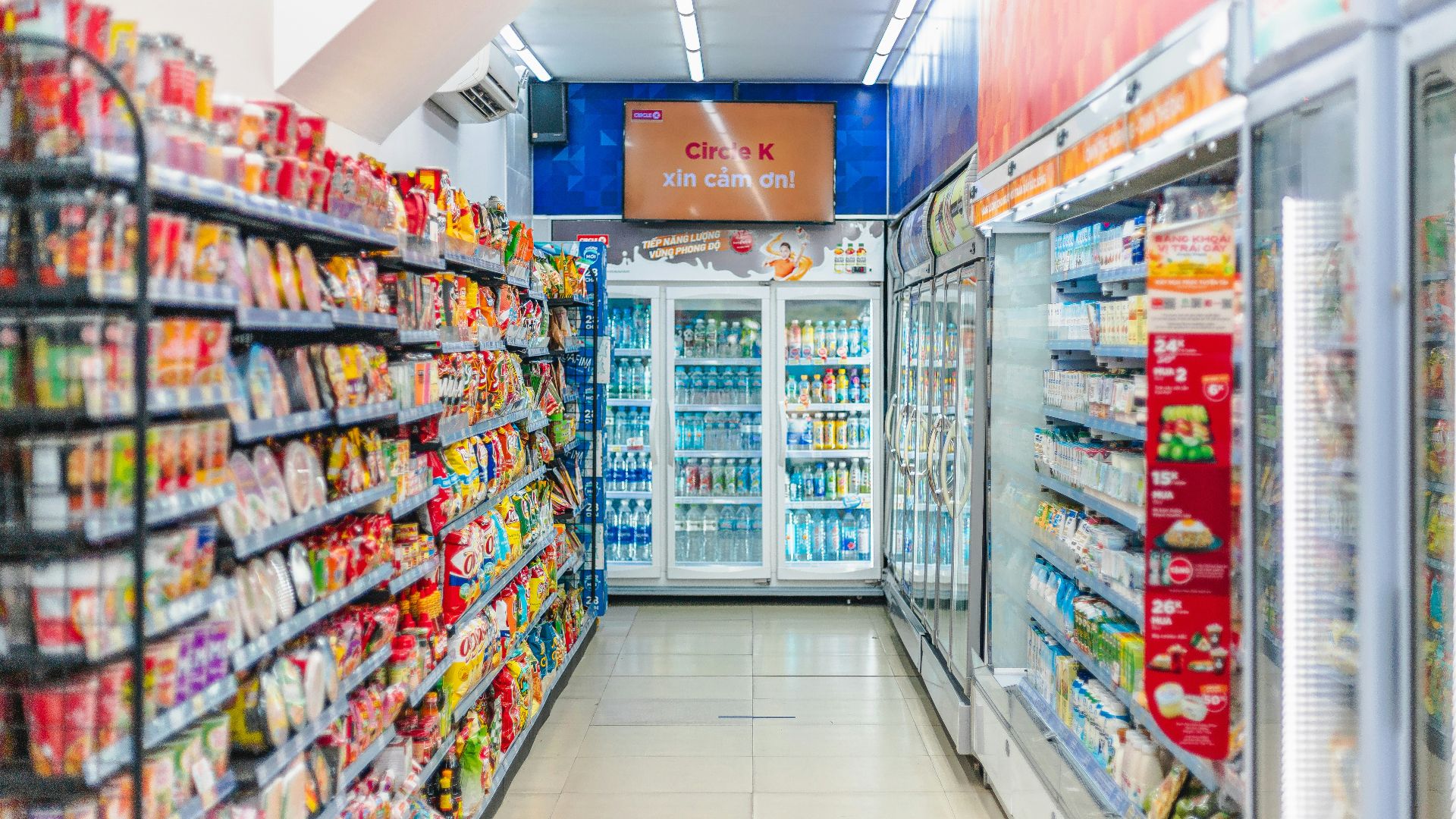 Khuc Le Thanh Danh on Unsplash
Khuc Le Thanh Danh on Unsplash
7. Dunny
A "dunny" in both Aussie and Kiwi slang means "toilet," especially outhouses which resemble dungeons. The term is cited to have come from the word "dunnekin" from British dialect, which meant "earth closet," derived from "dung" and "ken," where the latter term meant "house." You might sometimes also hear "gurgler" used to refer to a toilet, though it can also refer to a drain, such as in the expression, "down the gurgler."
8. Hard Out
"Hard" or "hard out" is used by Kiwis when they agree with something or are responding to something enthusiastically. For example, if you said that New Zealand has some of the best food and cafes in the world, you might hear Kiwis yell back, "hard out!"
9. Earbash
By now, you might be familiar with a few Gen Z slang terms, like "yap" or "yapper," which refers to someone who overshares or talks a lot. In Australia and New Zealand, the term they might use instead is "earbash," which has the same meaning: to talk incessantly.
10. Kia Ora
"Kia ora" (pronounced key-ora, or kyora) is "hello" in Māori. It's a friendly greeting that Kiwis will exchange with each other on the daily, so don't be surprised if you hear it a lot or if it's directed to you. It can also be used to mean "goodbye," although you can also say "haere ra" (pronounced high-rey ra) or simply "cheers."
11. Galah
Galah is a pink-grey Australian cockatoo that's known for its playful and silly character, though noisy. If you hear Aussies use the slang term "galah," they're calling somebody or something foolish and silly, to the point of idiotic, in reference to the bird.
12. Wop Wops
In Kiwi slang, "wop wops" is used to mean "the middle of nowhere," or a remote area that's tucked far away from the city and hard to reach. Aussies, in contrast, say "woop woop," which has the same meaning.
13. She'll Be Right
Next time you want to tell your Aussie or Kiwi mate not to worry, just say, "she'll be right." This slang phrase is used to cheer someone up, assuring that even if things seem awry at the moment, everything will turn out alright in the end.
14. Yarn
If you hear Kiwis asking if you want to "have a yarn," they're not asking you to go knit with them; instead, they mean to have a "chat" or "conversation." (Friendly and welcoming as Kiwis are, almost all of them will want to have a yarn with you.)
15. Sickie
When Aussies say they're going to "pull a sickie," they mean that they'll take a sick day. You might also hear "chucking a sickie," which may be used instead if someone is planning to call in sick to work but isn't actually ill.
16. Sweet or Sweet As
Kiwis (and Aussies) love to say "sweet" or "sweet as," terms which accurately reflect their relaxed and laidback attitude. If you hear this as a response to a suggestion, like going to the beach, it signifies enthusiastic approval. It can also be used to mean "thank you" or "no problem."
17. Shout
In both Australia and New Zealand, "shout" is slang for treating others to a round of drinks. It's a term primarily used in pub culture, where friends will often take turns "shouting" each round. So if you ever hear, "it's your shout," it means it's your turn to pay!
18. Togs
"Togs" is Kiwi slang for swimsuit—whereas in Australia, the term used is "bathers." Since both Kiwis and Aussies have a deep love for the ocean and regularly partake in water activities, you'll likely hear these two words quite often.
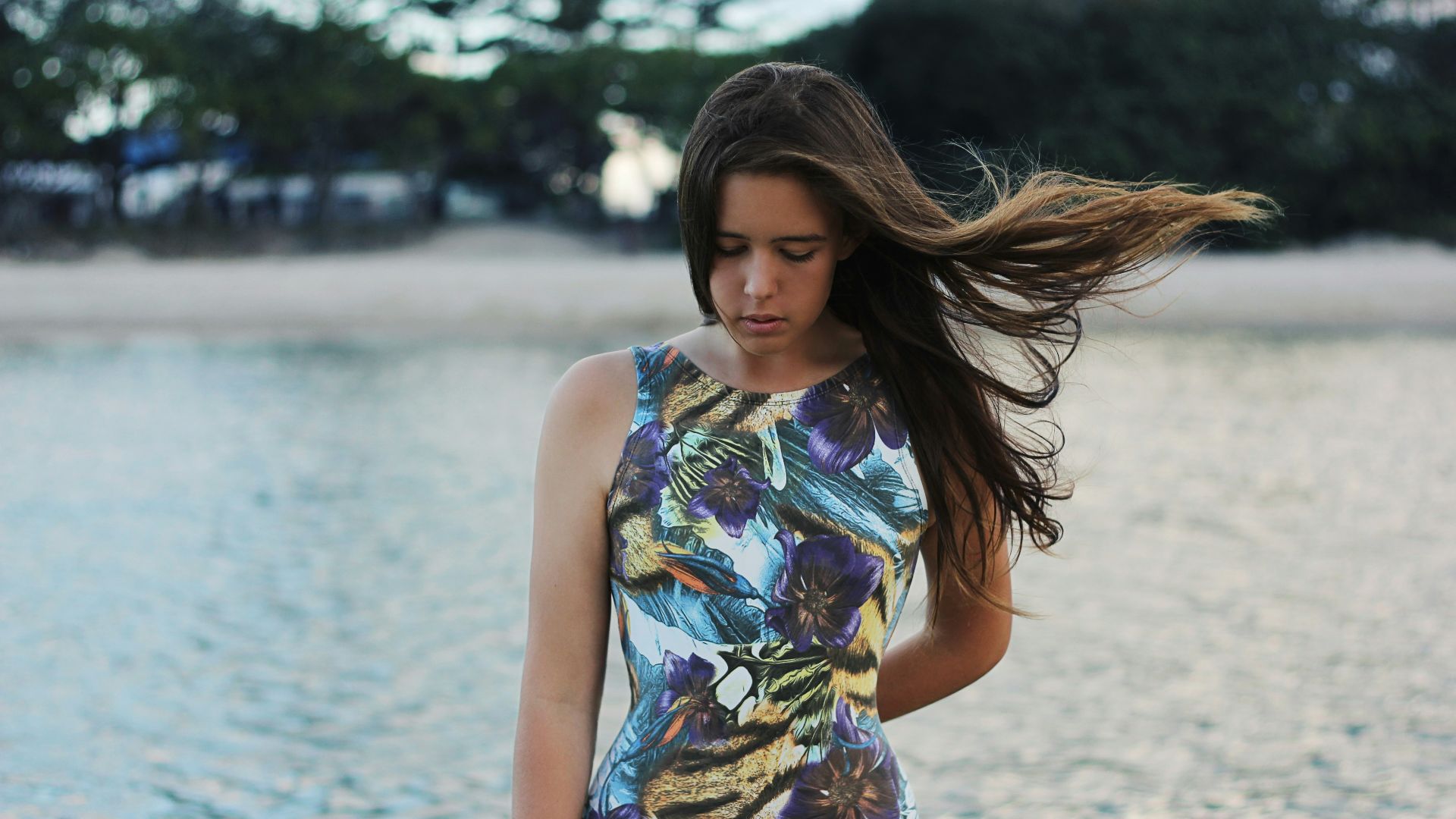 Christopher Campbell on Unsplash
Christopher Campbell on Unsplash
19. Thongs
Don't be alarmed—"thongs" is Aussie slang for flip-flops or sandals, popular (and essential) footwear for the beach. Kiwis, in contrast, say "jandals." Next time hear your Australian friend asking you to wear thongs, you'll know it's not the bum-revealing underwear!
20. Tu Meke
"Tu meke" (pronounced too-meh-keh) is Māori for "too much," and it's another phrase Kiwis use to express enthusiasm, or appreciation and gratitude. For example, if you offer to do or grab something for your Kiwi friend, they might respond with "tu meke!"


